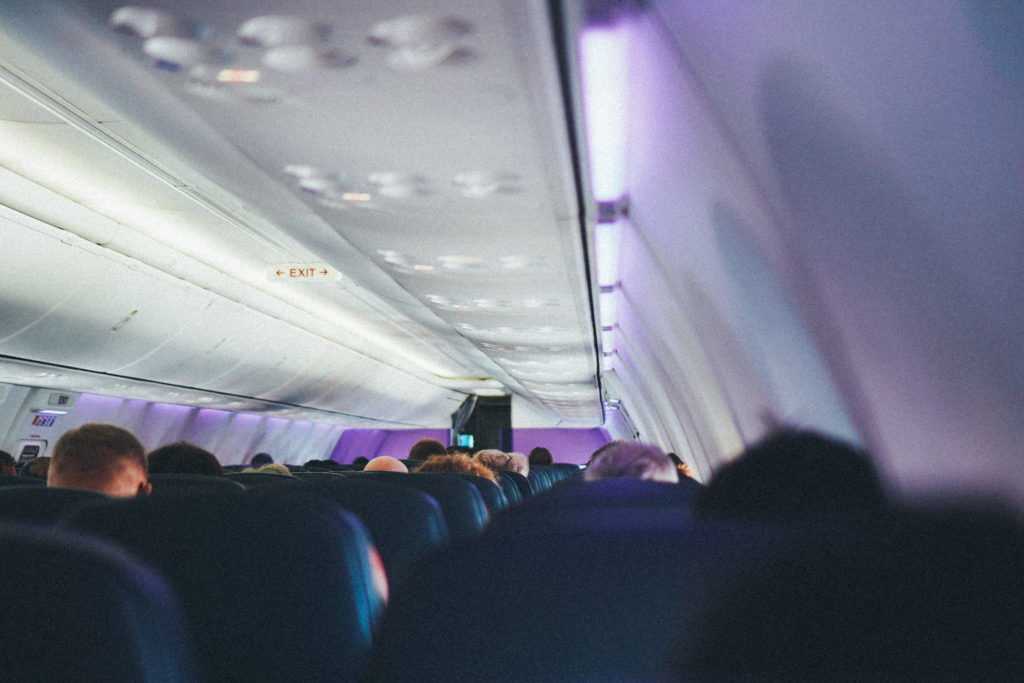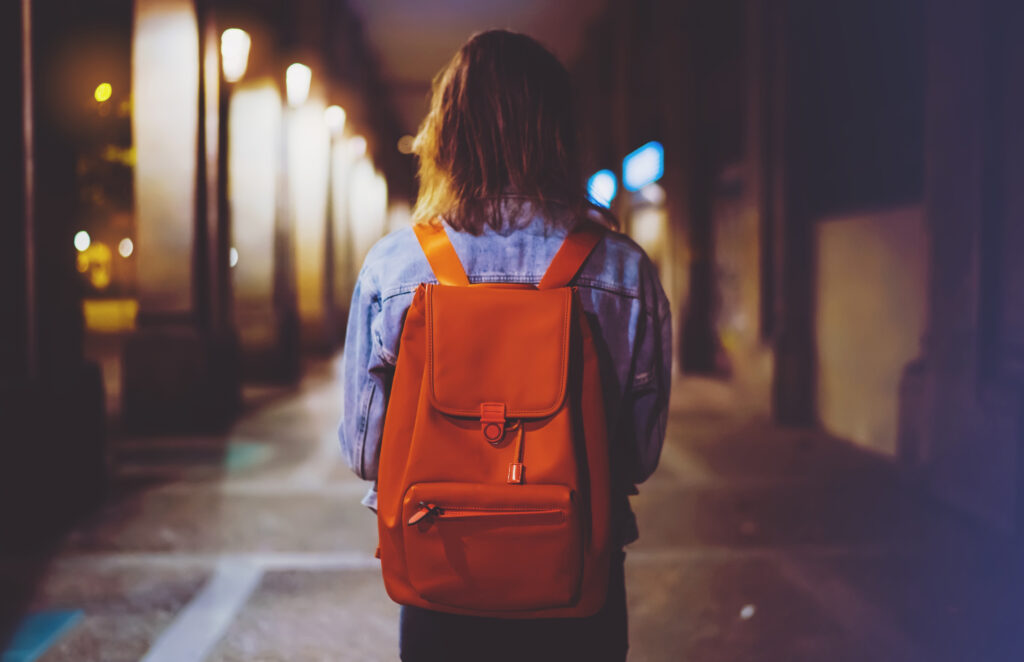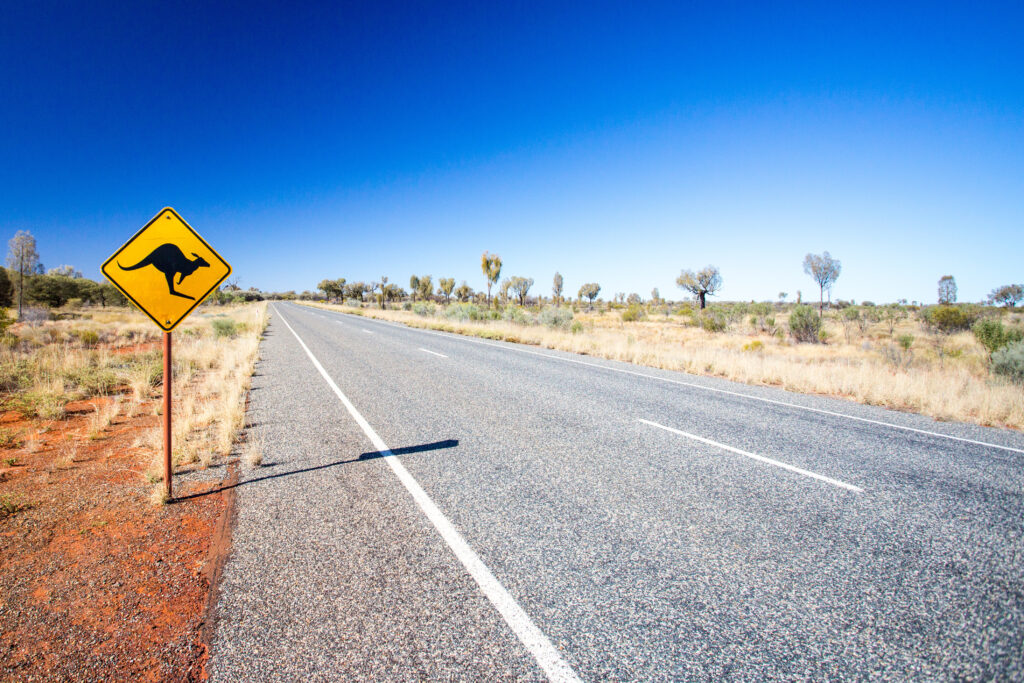Latest News
- As of 18 March 2020, the Australian Government is recommending people do not travel overseas at this time. For more information, consult the Smart Traveller.
- As of 15 March 2020, all travellers to Australia are required to self isolated for 14 days. For more information from the Department of Home Affairs, click here.
- A number of Australian airline companies are cancelling international and domestic flights – if you have flights booked, check with the airline or your agent directly. You can check here for updates on which flights are affected here.
NOTE: This information is relevant as of 18 March 2020
News of the COVID-19 coronavirus continues to dominate worldwide, with the virus now considered a pandemic by the World Health Organization. As of 15 March 2020, the Australian Government announced that all travellers to Australia will be required to self-isolate for 14 days, while travel restrictions are still in place for mainland China, Iran, South Korea and Italy, meaning foreign nationals who have been in these countries will not be allowed into Australia for 14 days from the time they left those countries. As an international student, you can find up-to-date information and a comprehensive list of support services on the Australian Government’s Study in Australia website.
With this in mind, should you be booking flights at the moment? If you were planning to travel home during your mid-year break, will you be able to? Let’s run through all of the variables currently surrounding the question of whether you should be travelling.
Cheap international flights
International plane ticket prices are dropping dramatically in response to coronavirus and airports are eerily empty, as more people are hesitant to travel. It’s possible prices will stay down until people start flying again.
It can seem extremely tempting to purchase flights while it’s so affordable, but you also need to be wary of travel bans and how they might impact you both entering a country and exiting it again to come back to Australia.
Airline fees waived
Because airlines have seen quite a decrease in demand, many are now waiving change fees for flights booked between now and the end of the month. That means that if you book flights now, you will be able to change your travel dates free of charge if you need to (usually up to a certain date). For a detailed breakdown of what various airlines are offering, click here.
How coronavirus is affecting travel insurance
If you are planning a trip and have purchased travel insurance, it is extremely important that you get in touch with your insurer directly to ensure what their policy includes in regards to coronavirus.
If you purchased travel insurance before coronavirus became a known event (23 January), you should be able to claim. If you purchased after the cut-off, you will find many insurers exclude ‘pandemic’ (which coronavirus now is) from their policies, so it’s best to double-check.
Note that most policies will not cover you for destinations that are marked ‘do not travel’.
Is it worth cancelling or postponing a trip?
There isn’t really a right or wrong answer here; the decision is entirely yours. However, it might be worth taking travel advice seriously and reconsidering your trip.
For updates and travel advice, Smart Traveller is a great government resource. The website is designed to inform you of any travel warnings or bans.
As of 18 March 2020 Smart Traveller have advised ‘Do not travel overseas at this time. If you wish to return home, do so as soon as possible.’
Why you might want to explore Australia instead
Australian tourism has taken a big hit, from the devastating bushfires earlier this year, to coronavirus now. This is partly due to the fact that China, which is Australia’s largest source of visitors, is being impacted by the current travel ban.
However, domestic flights within Australia are also discounted at the moment, in addition to the travel deals in place to encourage travel to bushfire-affected areas. By travelling domestically, money will be going towards Australia’s recovery. For example, the ferry to the beautiful Kangaroo Island in South Australia is now 25% off, along with many other deals, making this usually quite expensive holiday much more affordable for students. The best way to help fire-affected communities, who are now feeling the added pressure of coronavirus, is to buy from, eat at and support local businesses.
Plane hygiene tips to avoid contracting coronavirus
If you are travelling on a plane, there are precautions you can take to avoid contracting coronavirus:
- Wash your hands with soap and water for at least 20 seconds, especially after using the bathroom, before and after eating, and after blowing your nose, coughing or sneezing
- If you can’t get access to soap and water, a good hand sanitiser will do the trick
- Avoid touching your face, especially your nose and mouth area
- Use disinfectant wipes to wipe down the space around you on the plane (such as the tray table and arm rests)
- Select a window seat when booking – you’re more exposed when you’re sitting in the aisle
- When you’re in the waiting zone getting ready to board, sit in the least-crowded area
Read more about coronavirus and hygiene tips here.





